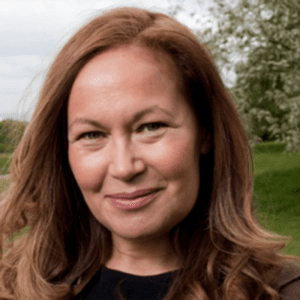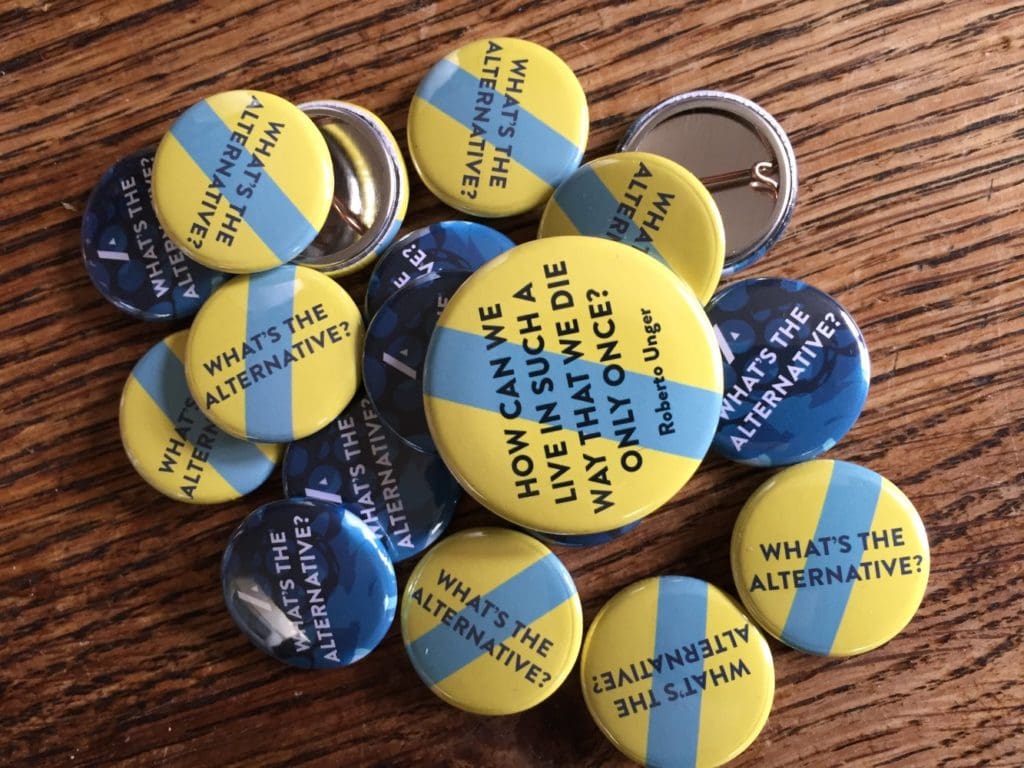
Indra is a Co-Initiator of The Alternative UK, a political platform (not a political party) whose purpose is to catalyse a new politics that goes far beyond our current reality. Their Alternative Weekly Newsletter (sign up here, and previous newsletters here) begins to pull together the many strands of socio-political change reported in their Daily Alternative blogs and give some shape to the emerging politics of the future.
There is no dispute about the fact that we are living in interesting times. Change is upon us.
Today, we see various celebrations of more fluid identities in our society, and numerous complaints about the power social media has in shaping our collective destiny.
Change threatens our society and that’s the biggest problem; hence why it is typically described as moving from stability to chaos. The evidence exists – as Naomi Klein describes in Shock Doctrine – that strong, self-interested forces know best how to capitalise on the vulnerable at these times.
But let’s experiment with something for a moment: instead of the word change, let’s use the word development.
Now, imagine that, instead of events occurring solely at the will of malign or benign actors, they were also the required next step into our evolving situations and capabilities.
If individual development is about becoming more competent in leading positive change – what about social and global development? We aren’t referencing development as seen when rich countries provide aid to poor countries – which has its place – but the self-development of societies and the people within them, which can be, but isn’t always related.
In October, at the annual Chatham House Conference (The Royal Institute of International Affairs), the theme was The Changing World Order: the highest of stakes! As you’d expect, we explored new trends and shifting cultures, but we also looked at the emerging global pecking order – who’s lining up to be in charge? Central to this inquiry was the phenomenon of the Trump Presidency and, to a lesser extent, Brexit.
Both were described as the result of the ‘new populism’ – an increase in the less differentiated, emotionally reactive, largely disaffected masses. We’re yet to see it play out in terms of hard power – guns and money – but the loss of soft power, reputation and influence, is noteworthy. All eyes are now on China to offer new models of authority.
But how would that look as The Developing World Order?
We are all focusing on who leads from the front, but are we considering the need of looking more broadly and identifying the foundations of new agency developing? If so, we’d find a lot of movement.
The results of the US election and the British EU referendum may not be desirable for many of us, but the evidence shows that there were a lot of first time voters. While many were bemoaning the loss of the status quo, many others were – and are – celebrating a first feeling of being heard.
However we now respond to their experience of democracy, we should not be trying to silence it. Your politics may be different from those that reached the ‘left behind’ – in some cases through lies and emotional manipulation – but now it’s your challenge to better appeal to the newly engaged. These votes were so emotionally-driven that we cannot claim people don’t care anymore.
 And there is plenty of activity that could be seen as answering to the desire to ‘take back control’ coming from the grassroots of society. Numerous contributions to the Daily Alternative show evidence of increasingly sophisticated localism. Not only are the independents taking back control of their local councils (Flatpack Democracy etc) – regions are displaying more autonomy and resilience to climate change through new food and energy initiatives is prevalent.
And there is plenty of activity that could be seen as answering to the desire to ‘take back control’ coming from the grassroots of society. Numerous contributions to the Daily Alternative show evidence of increasingly sophisticated localism. Not only are the independents taking back control of their local councils (Flatpack Democracy etc) – regions are displaying more autonomy and resilience to climate change through new food and energy initiatives is prevalent.
Add to that there is a rising tide of municipalism: towns and cities developing their own forms of governance, health and transport systems and even local currencies. Mayors are more present, accessible and effective to the people than MPs – in thrall to a political party – could ever be. The intention here, well described by George Monbiot in his new book Out of the Wreckage, is to give rise to a slower, more relational, politics of belonging and autonomy.
Some will say, “what impact can these irregular developments in tiny disconnected places have on the bigger picture – the old entrenched powers, in league with business and the military industrial complex”? To start with it’ll be a very small one, but when networked, strong and coherent stories will develop that create possibilities for others to replicate. Sharing values is the beginning, developing tools and practices will follow, and when made available to everyone, the learning curve for those that follow becomes easier. Add the internet and this becomes exponential.
Even so, the most challenging vision of change that has yet to be articulated as meaningful development is the tech revolution.
Remember, the internet has only been usefully around for ten years: we’ve been in the midst of a global revolution whose impact we are only just beginning to understand. The developmental curve ahead of us, with automation, artificial intelligence and human enhancement will be even steeper.
 The future threatens to ‘run away with us’ and till now, the intense worry about losing jobs and designer babies has dominated: dystopian futures expected. What must we do to change that story round to one of developing human ingenuity, required to combat the social and political problems that the industrial revolution, for all its material advances, helped to create?
The future threatens to ‘run away with us’ and till now, the intense worry about losing jobs and designer babies has dominated: dystopian futures expected. What must we do to change that story round to one of developing human ingenuity, required to combat the social and political problems that the industrial revolution, for all its material advances, helped to create?
As Tom Lombardo, Director of the Centre for Future Consciousness has been saying: “evolution itself is evolving”. Now that we understand the power of story – soft power – it’s on us to actively shape our evolution, with the whole of humanity benefitting. Can we reframe the 21st Century, not as the unfortunate result of the 20th Century but as the glorious answer to it?
What would that mean for the Changing World Order discussed at Chatham House? Well, possibly that what occurred with Trump and Brexit is only a symptom of a much bigger story of global development occurring. Not only that, the view from the nation state – superpowers in particular – will be limited if it doesn’t pay careful and respectful attention to the liberated energies of the non-state actors who are beginning to manage themselves differently.
The early days of this shift are local and municipal – lower levels taking back control of resources (material and cultural) in the face of unsustainable national level policy. But the next stage development is transnational: witness the Mayors for Peace and ICAN, who may well succeed in making nuclear weapons illegal, simply by joining up the dots of like-minded players on a global level.
While the phenomena of Trump and Brexit are still being discussed as “change” we must control, the real opportunity is to think about them as “development” we must engage with. For that, watch this space.

